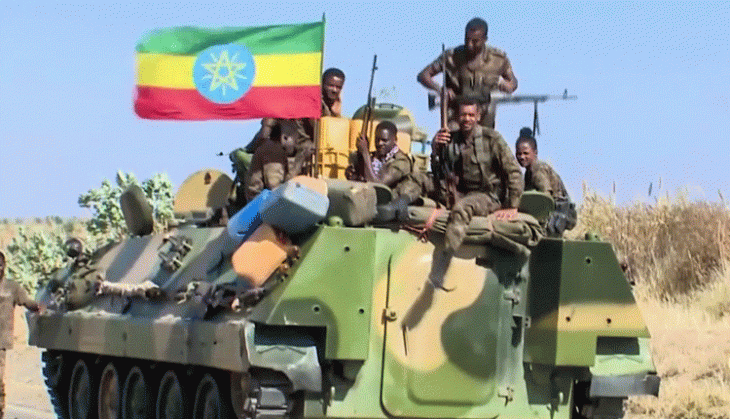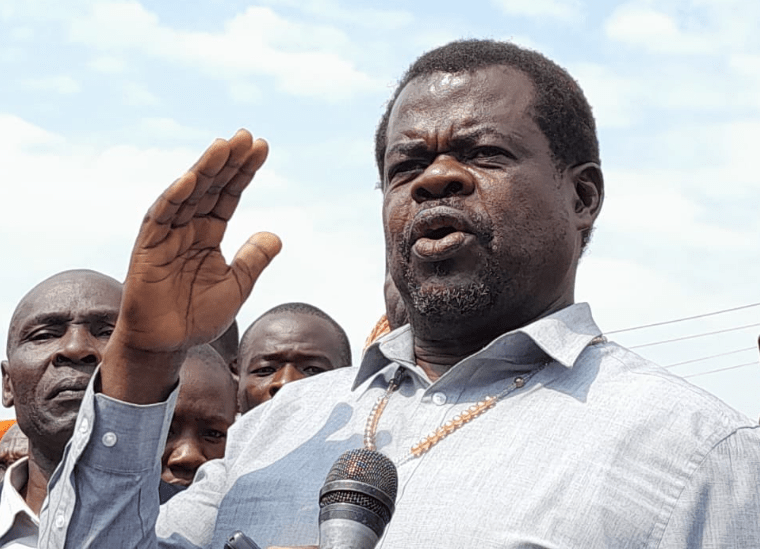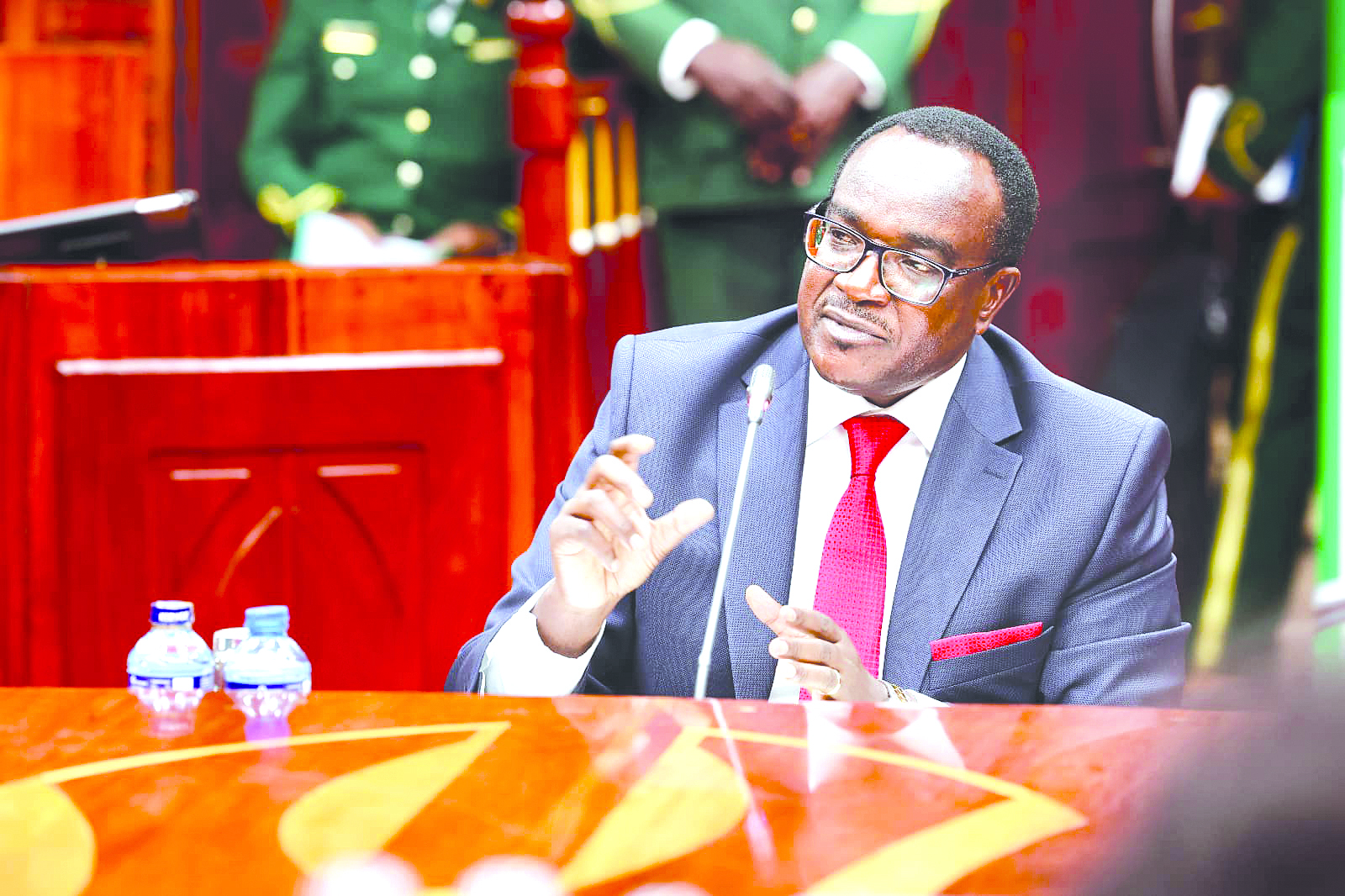Reality behind the Ethiopia–Tigray crisis

It is a scenario that observers have found difficult to comprehend. For the last couple of years, Ethiopia has been in the throes of a political crisis that threatens to claw back its socio-economic gains.
Now, it is still a riddle how Prime Minister Abiy Ahmed Ali now finds himself fighting rebels since November 2020 after receiving the Nobel Peace Prize a year earlier. How is it that within that short span of time Abiy moved from being a darling of the international community – read the West – to a pariah whose name is being mentioned along the same lines with crimes against humanity?
It all started after Abiy rallied legislators to postpone the August 29, 2020 elections for nine months due to risks posed by the rising Covid-19 infections at the time. This infuriated the opposition who were adamant that elections be held on schedule according to the Constitution. Furthermore, the opposition demanded that the interim government dissolve in October 2020 as per the agreement after Abiy was selected to replace Hailemariam Desalegn, who resigned to pave the way for reforms amid mounting unrest.
Tigray’s regional ruling party defied Abiy’s order and held its own elections, which made the PM send troops to pacify the region. This sparked the ongoing civil war. Critically, the Addis-Tigray conflict has opened old wounds and brought back actors from previous conflicts.
Both the Oromo Liberation Army and Eritrea have supported the Tigray Defense Forces (TDF) and government troops, respectively. There are various theories to explain the crisis, ranging from Abiy’s high-handedness to Tigray’s belligerence. But there is also suspicion that some malevolent forces are a third party in the conflict.
The TDF seem well oiled in their campaign, with similar firepower to Ethiopia’s Defense Forces (EDF). Their efficiency and confidence point to a high possibility that they are receiving external logistical support for the simple reason that they seem to have overwhelmed the country’s defence forces. Indeed, Abiy called Ethiopia’s eligible citizens to arms in order to defend themselves, which shows the magnitude of the challenge and the likelihood of TDF really marching into Addis.
International affairs experts also draw parallels between the growing destabilization in the Horn of Africa, and crisis in other strategic locations particularly in Africa, Asia and the Middle East where the U.S. and allies have instigated civil wars or invaded based on selfish reasons.
But it is foolhardy for any African party to support Western interests by backing the violent ouster of a “dictator.” It means a huge regional refugee crisis for countries like Kenya, who have for decades borne the brunt of civil wars in the Horn of Africa. The burden will be unbearable if violence erupted in Sudan.
It is a predicament that Ethiopia was successfully weaning itself from after enjoying years of peace, political stability and economic growth. The second most populous country in Africa has grown at an average 10 percent in the last decade, making it one of the fastest growing economies globally. This growth has been supported by the government’s policies that have helped to reduce poverty among Ethiopians.
The African Union (AU) has appealed for the cessation of hostilities and called for the sparing of human life, property and state infrastructure. But the international community needs to back the AU peace-building initiatives in Ethiopia and the continent as a whole, which have tended to be United Nations-led but dominated by the U.S. and its allies.
Abiy should negotiate with the TDF using the same diplomatic skills that made him a compromise PM in the first place. A prolonged state of emergency will be counterproductive. Everything possible should be done to maintain normalcy in the region. It would be a tragedy if the Ethiopia-Tigray crisis escalated to a full blown war. The impact in the region would be dire.
— The writer is a PhD student in International Relations.












